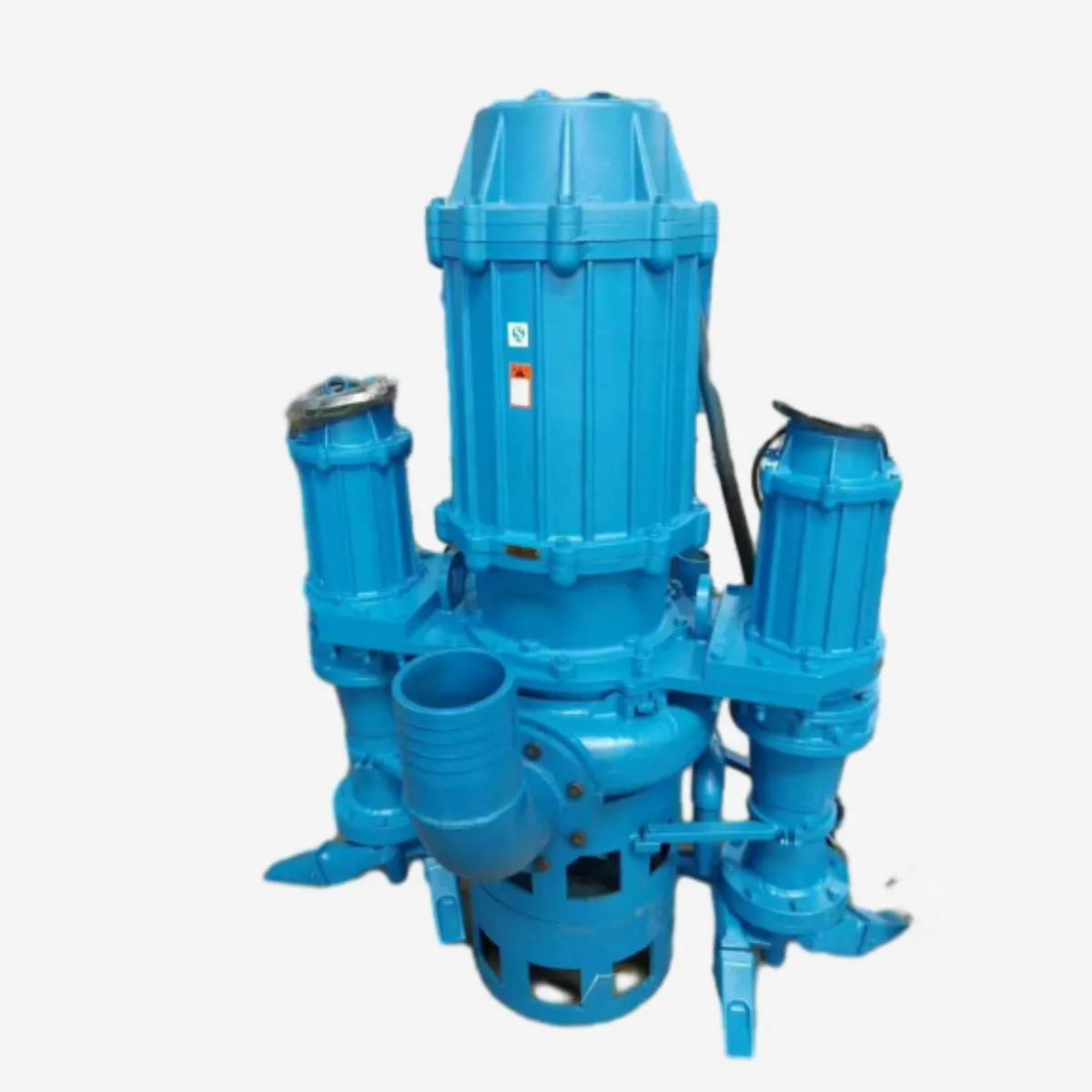TEL:
+86 13120555503
English
- Afrikaans
- Albanian
- Amharic
- Arabic
- Armenian
- Azerbaijani
- Basque
- Belarusian
- Bengali
- Bosnian
- Bulgarian
- Catalan
- Cebuano
- Corsican
- Croatian
- Czech
- Danish
- Dutch
- English
- Esperanto
- Estonian
- Finnish
- French
- Frisian
- Galician
- Georgian
- German
- Greek
- Gujarati
- Haitian Creole
- hausa
- hawaiian
- Hebrew
- Hindi
- Miao
- Hungarian
- Icelandic
- igbo
- Indonesian
- irish
- Italian
- Japanese
- Javanese
- Kannada
- kazakh
- Khmer
- Rwandese
- Korean
- Kurdish
- Kyrgyz
- Lao
- Latin
- Latvian
- Lithuanian
- Luxembourgish
- Macedonian
- Malgashi
- Malay
- Malayalam
- Maltese
- Maori
- Marathi
- Mongolian
- Myanmar
- Nepali
- Norwegian
- Norwegian
- Occitan
- Pashto
- Persian
- Polish
- Portuguese
- Punjabi
- Romanian
- Russian
- Samoan
- Scottish Gaelic
- Serbian
- Sesotho
- Shona
- Sindhi
- Sinhala
- Slovak
- Slovenian
- Somali
- Spanish
- Sundanese
- Swahili
- Swedish
- Tagalog
- Tajik
- Tamil
- Tatar
- Telugu
- Thai
- Turkish
- Turkmen
- Ukrainian
- Urdu
- Uighur
- Uzbek
- Vietnamese
- Welsh
- Bantu
- Yiddish
- Yoruba
- Zulu
Telephone: +86 13120555503
Email: frank@cypump.com
Mar . 03, 2025 13:46 Back to list
submersible sewage pump price
The submersible sewage pump is a crucial component in modern wastewater management, playing a vital role in efficiently handling waste in residential, commercial, and industrial settings. When considering the purchase of a submersible sewage pump, understanding the factors that influence its price is essential for making an informed decision.
Advanced features integrated into modern submersible sewage pumps contribute to price variations. Innovations such as energy-efficient motors, smart sensors for performance monitoring, and automatic shut-off mechanisms can raise the purchase cost. However, they provide improved efficiency, reduced energy consumption, and enhanced operational safety. Energy-efficient pumps, specifically, garner attention from environmentally-conscious consumers aiming for sustainable operations, making them worth the investment despite their initial higher price tag. For prospective buyers, researching and assessing the specific features and capabilities required for their applications can optimize both performance and cost. While purchasing a submersible sewage pump, considering the total cost of ownership—which includes purchase price, maintenance, and operating costs—is crucial. Buyers should prioritize resilience and efficiency over the cheapest upfront price, as poorly chosen pumps can lead to costly repairs and inefficiencies over time. In conclusion, understanding the nuances of submersible sewage pump pricing assists buyers in selecting the most cost-effective and operationally efficient product. By evaluating the essentials like construction materials, motor capacity, brand reputation, and technological features, purchasers can make informed decisions that ensure optimal performance in their specific applications. Whether for residential plumbing or large-scale industrial waste management, a meticulous approach to selecting a submersible sewage pump ultimately guarantees long-term savings and reliable sewage management.


Advanced features integrated into modern submersible sewage pumps contribute to price variations. Innovations such as energy-efficient motors, smart sensors for performance monitoring, and automatic shut-off mechanisms can raise the purchase cost. However, they provide improved efficiency, reduced energy consumption, and enhanced operational safety. Energy-efficient pumps, specifically, garner attention from environmentally-conscious consumers aiming for sustainable operations, making them worth the investment despite their initial higher price tag. For prospective buyers, researching and assessing the specific features and capabilities required for their applications can optimize both performance and cost. While purchasing a submersible sewage pump, considering the total cost of ownership—which includes purchase price, maintenance, and operating costs—is crucial. Buyers should prioritize resilience and efficiency over the cheapest upfront price, as poorly chosen pumps can lead to costly repairs and inefficiencies over time. In conclusion, understanding the nuances of submersible sewage pump pricing assists buyers in selecting the most cost-effective and operationally efficient product. By evaluating the essentials like construction materials, motor capacity, brand reputation, and technological features, purchasers can make informed decisions that ensure optimal performance in their specific applications. Whether for residential plumbing or large-scale industrial waste management, a meticulous approach to selecting a submersible sewage pump ultimately guarantees long-term savings and reliable sewage management.
Share
Latest news
-
ISG Series Vertical Pipeline Pump - Chi Yuan Pumps Co., LTD.|Advanced Hydraulic Design&Energy-Efficient Solutions
NewsJul.30,2025
-
ISG Series Vertical Pipeline Pump - Chi Yuan Pumps Co., LTD.
NewsJul.30,2025
-
ISG Series Vertical Pipeline Pump - Chi Yuan Pumps Co., LTD.|energy-efficient fluid handling&industrial durability
NewsJul.30,2025
-
ISG Series Vertical Pipeline Pump - Chi Yuan Pumps | Advanced Engineering&Industrial Efficiency
NewsJul.30,2025
-
ISG Series Pipeline Pump - Chi Yuan Pumps | High Efficiency, Energy Saving
NewsJul.30,2025
-
ISG Series Vertical Pipeline Pump-Chi Yuan Pumps|High Efficiency&Reliable Performance
NewsJul.29,2025










